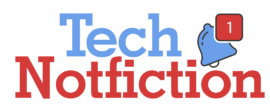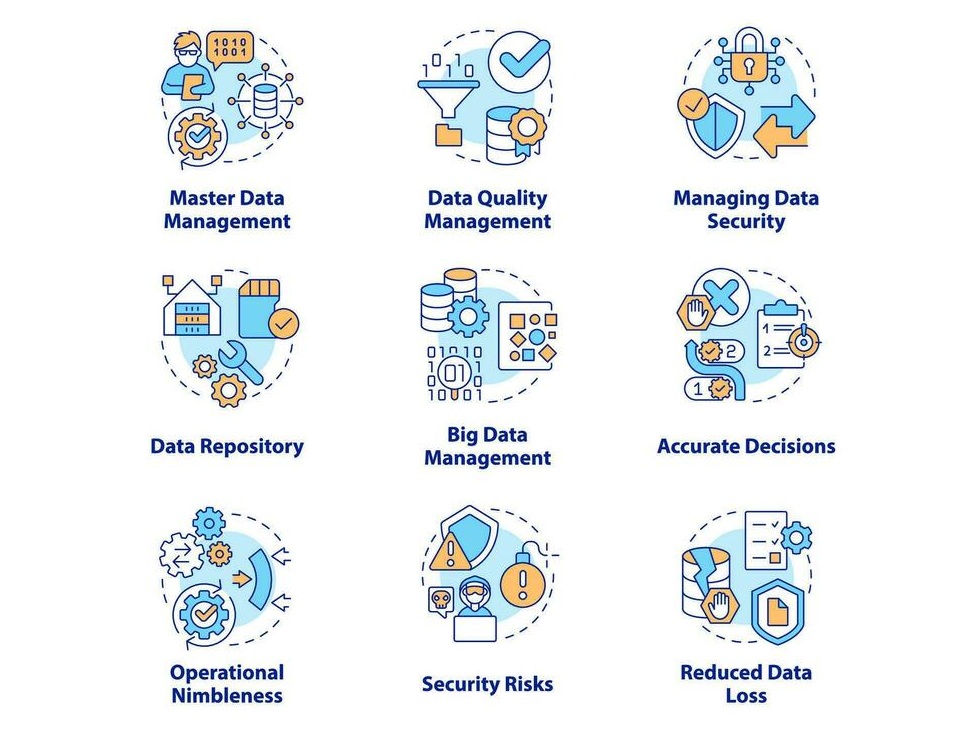Data integration challenges have reached unprecedented complexity in 2025, with organizations managing hundreds of applications, databases, and data sources across hybrid cloud environments. The traditional approach of manual data mapping is no longer viable, making automated data mapping solutions for enterprise use essential for maintaining competitive advantage.
Enterprise data ecosystems have evolved into intricate networks where data flows between legacy systems, cloud applications, mobile platforms, and IoT devices. Each integration point represents a potential failure mode where data quality, security, or compliance could be compromised. Without proper mapping, organizations risk creating data silos that prevent effective analysis and decision- making.
Data mapping software for cloud data integration addresses these challenges by providing automated discovery and mapping capabilities that adapt to changing system architectures. These solutions can identify data relationships, transformation requirements, and integration dependencies without requiring extensive manual configuration.
Financial services organizations require data mapping tools for financial data transformation that can handle complex regulatory requirements while maintaining real-time processing capabilities. These tools must understand financial data structures, calculation methodologies, and reporting formats to ensure accurate transformation and compliance with industry standards.
The healthcare sector benefits from data mapping and integration tools for healthcare organizations that can navigate the complexities of medical data formats, patient privacy requirements, and interoperability standards. These solutions enable healthcare providers to create comprehensive patient views while maintaining HIPAA compliance and supporting clinical workflows.
Real-time data mapping software for large-scale enterprises provides the performance and scalability required for high-volume operations. These systems can process millions of data transformations per second while maintaining accuracy and consistency across all integration points.
The security implications of data mapping cannot be overlooked. Enterprise data mapping solutions for compliance and security include built-in data classification, encryption, and access control features that ensure sensitive information remains protected throughout the integration process.
Advanced data mapping tools for complex data workflows support sophisticated business processes that involve multiple systems, approval stages, and transformation steps. These tools can model complex business rules, handle exception scenarios, and provide complete visibility into data processing flows.
Cloud adoption has created new requirements for cloud-based data mapping solutions for large organizations that can operate across multiple cloud providers and hybrid environments. These solutions provide consistent mapping capabilities while leveraging cloud-native scalability and cost-efficiency.
Best tools for automating data mapping in financial services combine industry-specific knowledge with advanced automation capabilities. They understand financial data standards, regulatory requirements, and risk management needs while providing the flexibility to adapt to changing business requirements.
The future belongs to organizations that can effectively integrate and leverage all their data assets. Enterprise-level data mapping software for regulated industries provides the foundation for this success, enabling seamless data flow while maintaining security, compliance, and quality standards.

